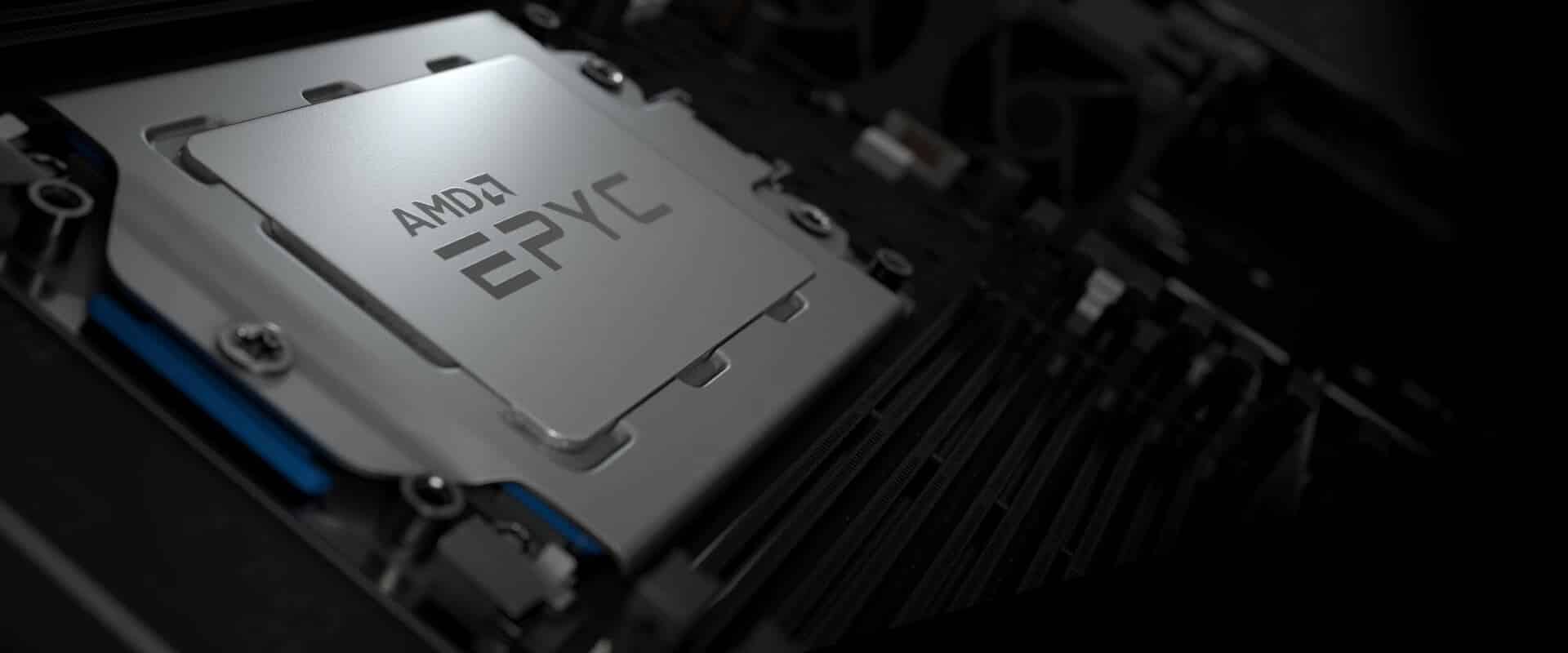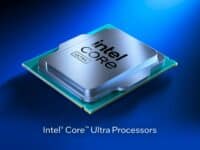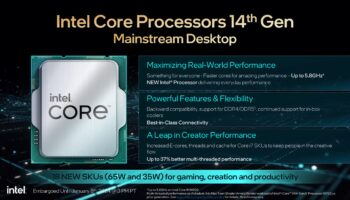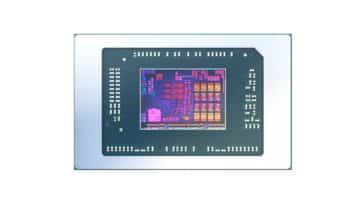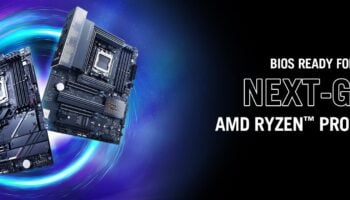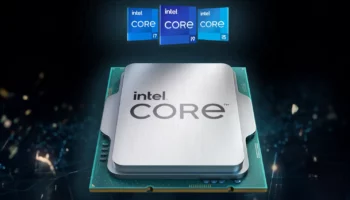AMD’s presence in the world’s fastest supercomputers increased by more than three-fold this year. Compared to just 21 supercomputers in 2020, this year AMD’s Epyc processors power 73 of the world’s fastest computers. Furthermore, out of the 10 fastest SCs, four are powered by Epyc hardware. This includes the fastest supercomputer in Europe, the BullSequana XH2000 of Germany. Highlights of AMD-based “Frontier” and other HPC systems in the industry include:
- “Adastra,” an HPE supercomputer that will have two partitions powered by AMD CPUs and accelerators, was recently announced by GENCI, the French national agency for HPC, and CINES, the National Computing Center for Higher Education. The first partition is based on next-generation AMD EPYC processors code named “Genoa” and the second partition is based on 3rd Gen AMD EPYC processors and AMD Instinct MI250x accelerators.
- Argonne National Laboratory’s “Polaris” testbed supercomputer, powered by AMD EPYC 7003 series processors, enabling scientists and developers to tackle a range of artificial intelligence (AI), engineering and scientific projects.
- A new supercomputer built by HPE using AMD EPYC CPUs to advance weather forecasting and climate research for the National Center of Meteorology in the United Arab Emirates. HPE also updated Eni’s supercomputer to accelerate the discovery of energy sources using AMD EPYC processors.
- Oak Ridge National Laboratory’s “Frontier” exascale computer – which is powered by optimized 3rd Gen AMD EPYC processors and AMD Instinct MI250x accelerators.
- The Texas Advanced Computing Center at The University of Texas at Austin launched Lonestar6, a Dell Technologies supercomputer powered by AMD EPYC 7003 series processors.
- University of Vermont’s Advanced Computing Core, powered by AMD EPYC processors and AMD Instinct accelerators, driving research into COVID-19 and solutions to future potential threats to global health.
- Washington University’s advanced clustering technologies, powered by AMD EPYC processors, studying COVID-19 and home to the Folding@home project.
Forrest Norrod, senior vice president and general manager of the Data Center and Embedded Solutions Division of AMD, said:
As the world seeks to accelerate research and shorten the time to discover valuable information, the demand for supercomputing users has grown exponentially. Through our continuous upgrade and improvement of AMD EPYC CPU and Instinct accelerator, to promote the development of data center technology, we can make research faster, achieve better results, and bring a more positive impact to the world. (Diazepam)
Forrest Norrod, Senior VP and GM of the Data Center and Embedded Solutions Division
